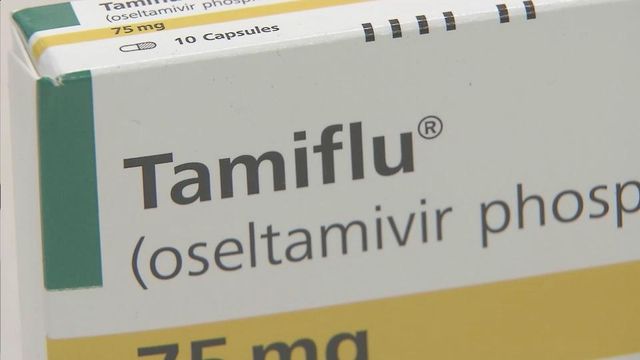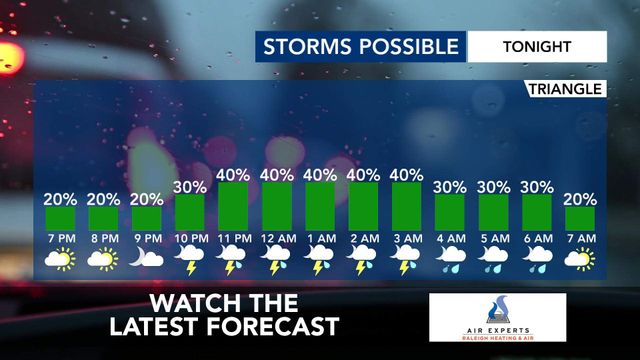UNC, Duke researchers team up to study how the flu spreads
For years, the U.S. Centers for Disease Control and Prevention has recommended that people stay home and isolate themselves when they get the flu to keep it from spreading. But there was never a study to back up that advice – until now.
Allison Aiello, an epidemiologist at the University of North Carolina at Chapel Hill, and Katherine Heller, a statistician at Duke University, teamed up to study how the flu spreads among college students.
In the past, researchers relied on surveys about the flu, forcing participants to think back to answer questions. Aiello and Heller decided to do something different.
Using a mobile app that monitors who students interact with and when, they developed a model that enabled them to predict the spread of influenza from one person to the next over time. To test the model, the researchers applied it to a study of roughly 100 students at the University of Michigan.
For 10 weeks during the 2013 flu season, the students carried Google Android smartphones with built-in software, iEpi, that used Wi-Fi, Bluetooth and GPS technology to monitor where they went and who they came in contact with from moment to moment.
The students also recorded their symptoms every week online. Students who reported coughing and fever, chills or aches provided throat swabs to determine whether they had a cold or the flu.
The model then returned the odds that each student would spread or contract the flu on a given day, and identified the personal health habits – such as hand-washing or getting a flu shot – that might help them beat the odds or hasten their recovery.
“What’s fantastic about it is that is provides data in a much more objective way,” Aiello said. “We also had the app pop up a survey when they came in contact with one of their friends to ask them more about the context in which they were interacting.”
The researchers found that when a student got sick, his or her friends were more likely to get sick, too. Also, students who smoked or drank took longer to recover.
Aiello and Heller say cellphone technology allows them to gather more personalized data on a faster time scale – a research model that will also speed up people’s understanding and treatment of other illnesses.
“Our understanding of almost every disease will be helped by our ability to collect more information on it or collect data on a shorter time scale,” Heller said.
Right now, the app is only available for research. Duke University Hospital is looking at ways to use the technology to study and track patient health.
Aiello and Heller presented their findings Aug. 12 at the 21st International Conference on Knowledge Discovery and Data Mining in Sydney, Australia. Kai Fan of Duke and Marisa Eisenberg and Alison Walsh of the University of Michigan also authored the study, which was supported by the U.S. National Science Foundation and the CDC.











